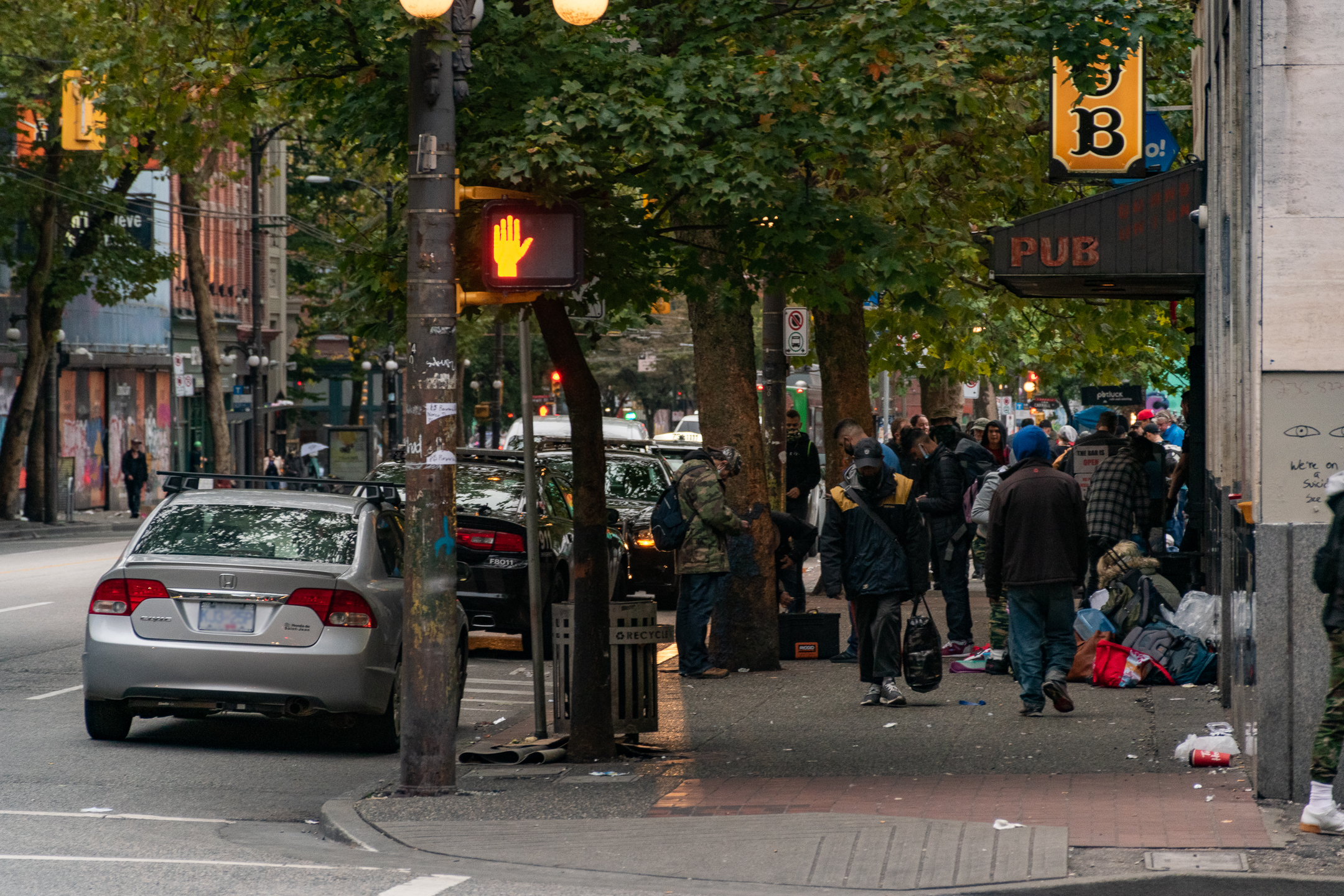
Mo money, fewer problems?
By Craig Allan, Staff Writer
The issue of homelessness is a hot button topic for Vancouver. With tent cities springing up in many parts of the Lower Mainland, many are wondering what the solution is to ending homelessness. There are old sayings about money, like “Mo money, mo problems,” and “You can’t throw money at a problem and make it go away,” but according to a study from a research group at the University of British Columbia, that may just be the solution.
Homelessness may seem look like a years long endeavour, but the truth is, most homeless people in Canada are only homeless for about a month. While there are some homeless people experience this long term, that is a minority in the homeless community. For many, it not chronic, and in most cases is actually just a one-time occurrence.
In an experiment covered by the New Leaf Project, people who had been homeless for at least six months and did not have any drug addiction issues were given $7500 to spend on whatever they wanted. The results were, according to Claire Williams, CEO of Foundations for Social Change, “beautifully surprising.” A year after the experiment started, results found that not only had the testers spent the money on necessary life needs like housing, food, medicine, and transportation, but they also managed to have $1000 left over after 12 months. The article did not mention if there were any test subjects who failed to spend the money responsibly.
Some may
have the perception that homeless people mismanage money, but this trial shows the
opposite—at least in this sample size of 115 people. Considering that taxpayers
indirectly pay $55,000 per homeless individual, this direct form of monetary
assistance would actually save taxpayers almost half-a-million dollars a year.
The study also had a control group of people who were not given any money to
use as a comparison. The study found that the people without the influx of cash
took longer to get out of poverty; it took them five months compared to the
three months it took for the group who received money.
It is unknown if this study
would work with people who are drug addicted or suffering through mental
disabilities.


